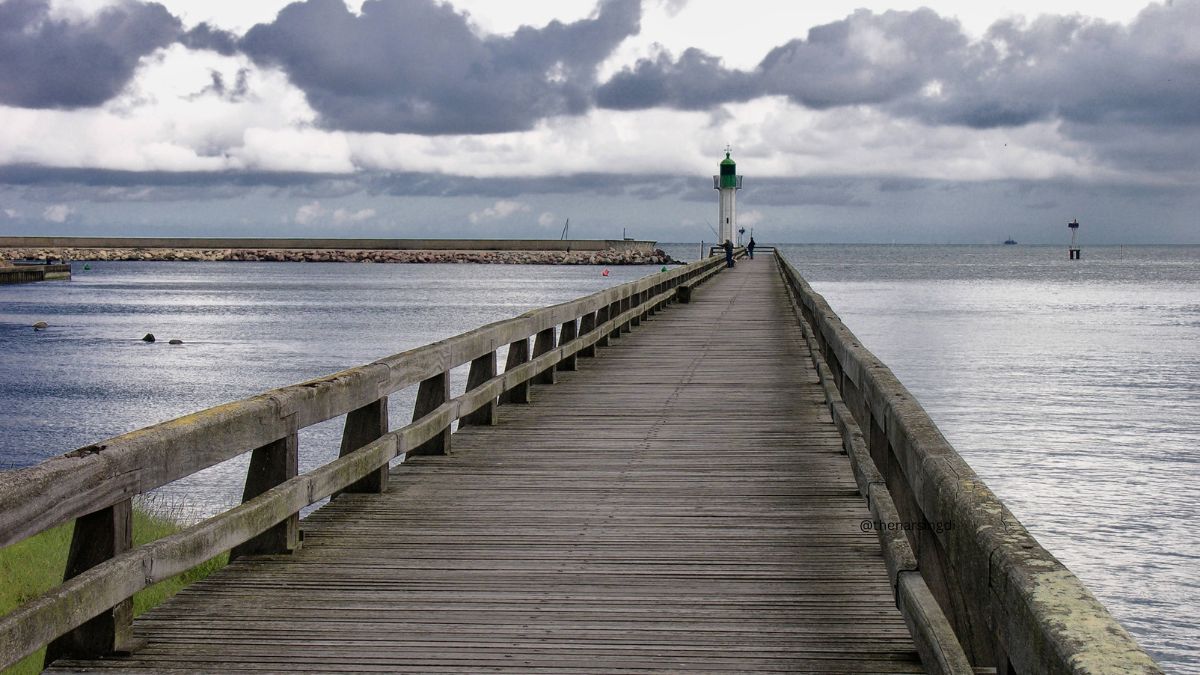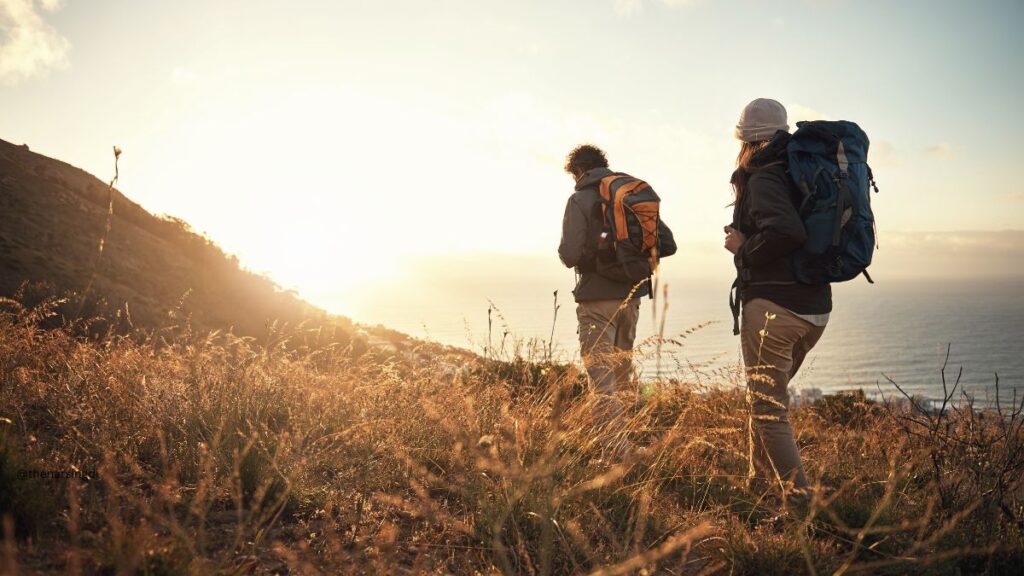Traveling is often celebrated for its ability to offer adventure, cultural experiences, and personal growth. Yet, behind the excitement of new destinations lies a range of negative effects that deserve our attention.
It’s important to acknowledge the broader consequences our travels can have on the environment, local communities, and even our own well-being.
In this blog, we’ll inspect the less visible side of travel. From the environmental impact of air travel to the strain on local resources and potential effects on mental health, understanding these issues is crucial for making more conscious and responsible travel decisions.
Join us to know negative effects of traveling and explore ways to travel more sustainably and thoughtfully.

Negative Effects Of Traveling:
TOC
Traveling, though often thrilling and rewarding, carries several negative effects that can impact the environment, local communities, and personal well-being. Here’s a closer look at some of negative effects of traveling:

1. Environmental Impact
Travel, particularly air travel, has a significant environmental footprint. Planes radiate a lot of carbon dioxide and other ozone harming substances, adding to an unnatural weather change. Tourism can also lead to increased pollution and waste in natural areas, which can harm ecosystems and wildlife.
2. Resource Depletion
High volumes of tourists can put considerable pressure on local resources. This can result in overuse of water and energy, higher waste production, and the depletion of local supplies. Such strain can affect infrastructure and diminish the quality of life for local residents.
Related: Backpacking Packing List
3. Cultural Erosion
An influx of tourists can sometimes lead to the commercialization of local culture. As destinations cater to visitors, local traditions and practices may be altered or overshadowed, leading to a loss of cultural authenticity and heritage.
4. Economic Disparities
While tourism can boost the economy, it can also widen economic gaps. Often, the financial benefits of tourism are unevenly distributed, with only a small fraction reaching local communities. This can create economic disparity and an over-reliance on tourism, which may not be sustainable in the long term.
5. Health Concerns
Traveling can affect both mental and physical health. Long journeys, especially across multiple time zones, can disrupt sleep and cause fatigue. The stress of travel planning and adapting to new environments can also impact mental well-being, potentially leading to burnout or a sense of disconnection from home.
Awareness of these negative effects is crucial for making more responsible travel choices. By adopting sustainable practices and being considerate of the impacts of our journeys, we can work towards minimizing these issues and enjoying travel in a way that respects both people and the planet.
Last call:
Traveling gives advancing encounters and expands our viewpoints, yet taking into account its ecological consequences is significant. The carbon footprint of air travel, the pressure on local resources, and the impact on natural habitats highlight the need for more sustainable practices.
By recognizing these challenges, we can make smarter travel choices that help minimize our environmental impact. Embracing eco-friendly transportation, supporting conservation efforts, and being mindful of our resource use are steps we can take to travel more responsibly.
For additional tips on sustainable travel and to join the discussion, follow us on Pinterest. Let’s work together to enjoy our travels while preserving the natural beauty of our world.
FAQs:
Q. negative effects of travel on the environment
Air travel mainly affects the environment through the release of greenhouse gases like carbon dioxide, which contribute to global warming and climate change. Additionally, aircraft operations generate noise pollution and consume significant amounts of fuel.
Q. How does tourism impact natural ecosystems?
Tourism can stress natural ecosystems by causing soil erosion, habitat destruction, and wildlife disturbances. The influx of visitors often leads to increased waste and pollution, which can damage sensitive environments.
Q. What effects does travel have on local water resources?
Heavy tourist traffic can strain local water supplies, leading to reduced availability for residents and affecting local ecosystems. This overuse can disrupt water systems and harm the balance of natural habitats.
Q. How does travel contribute to resource depletion?
Tourism often results in the overuse of local resources, such as energy and food. This increased demand can deplete natural resources and disrupt local economies, making it harder for communities to maintain their way of life.
Q. Can traveling impact air quality?
Yes, traveling can negatively affect air quality. Increased emissions from transportation modes like cars, buses, and planes contribute to air pollution. In heavily visited areas, higher traffic and industrial activities can worsen air quality, impacting both locals and tourists.

Its Aliza R. Khan, a passionate travel blogger from Bangladesh. With a knack for inspecting hidden gems and sharing travel tips, I love to inspires readers to explore the world with curiosity and adventure.



